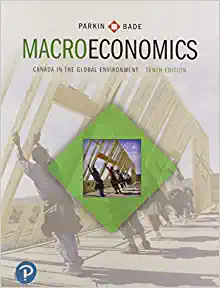Answered step by step
Verified Expert Solution
Question
1 Approved Answer
principal of IT Nantong University, International Students of Business School, Academic year 2018-2019, 10. Which of the following arguments for protection states that import-competing firms

principal of IT

Step by Step Solution
There are 3 Steps involved in it
Step: 1

Get Instant Access to Expert-Tailored Solutions
See step-by-step solutions with expert insights and AI powered tools for academic success
Step: 2

Step: 3

Ace Your Homework with AI
Get the answers you need in no time with our AI-driven, step-by-step assistance
Get Started


